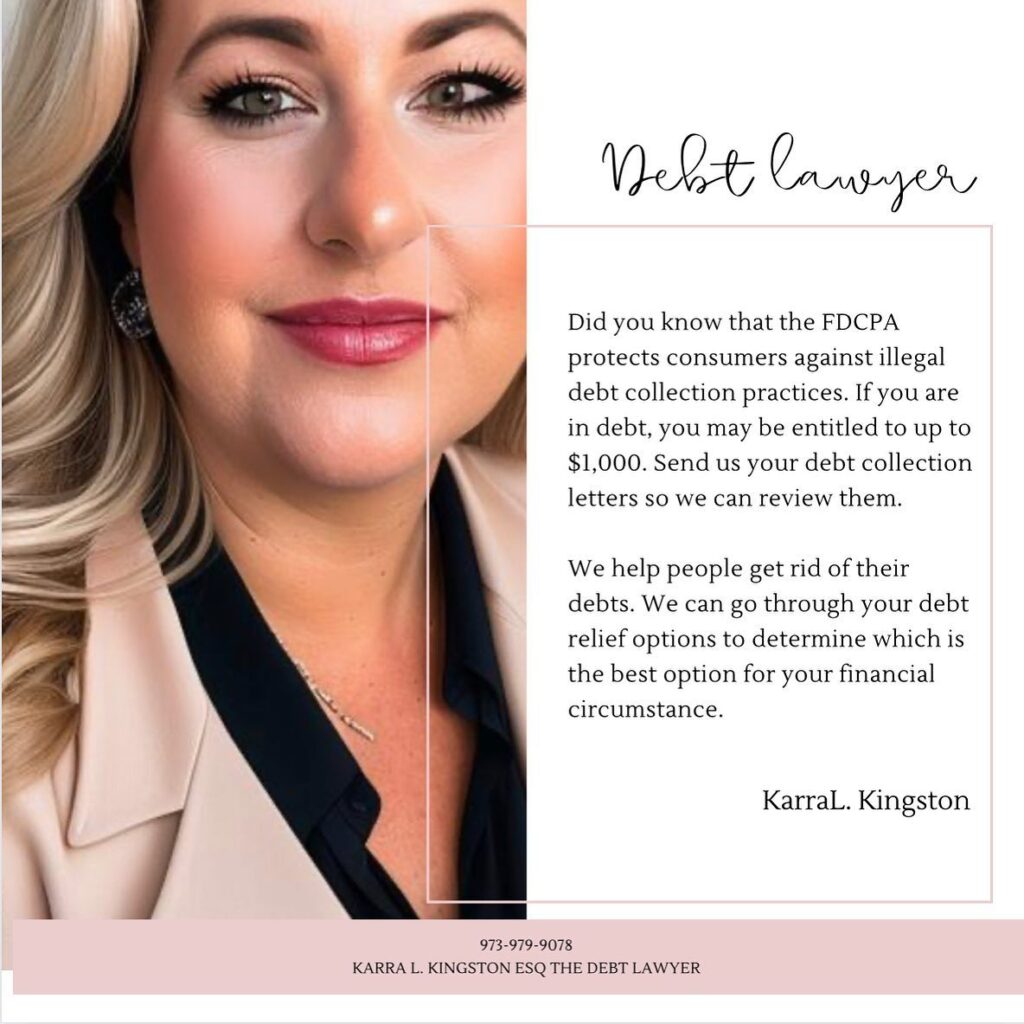If you’re facing foreclosure on your home, you’re likely feeling overwhelmed and stressed. You may be wondering what options are available to you and how you can protect your home. One option to consider is filing for bankruptcy. While bankruptcy may not be the right choice for everyone, it can provide significant benefits to homeowners who are facing foreclosure. In this essay, we’ll explore how bankruptcy can help if your house is in foreclosure.
What is Foreclosure?
Foreclosure is the legal process by which a lender can take possession of a property and sell it to recoup their losses when a borrower fails to make their mortgage payments. Foreclosure can be initiated by a lender if a borrower misses several mortgage payments, and can ultimately result in the loss of their home.
What is Bankruptcy?
Bankruptcy is a legal process designed to help individuals and businesses who are unable to pay their debts. There are several different types of bankruptcy, but the two most common types for individuals are Chapter 7 and Chapter 13.
Chapter 7 bankruptcy, also known as liquidation bankruptcy, allows individuals to discharge most unsecured debts, such as credit card debt and medical bills. In exchange, the bankruptcy trustee may liquidate non-exempt assets to repay creditors.
Chapter 13 bankruptcy, on the other hand, is a reorganization bankruptcy that allows individuals to create a repayment plan to pay back some or all of their debts over a period of three to five years.
How Can Bankruptcy Help if Your House is in Foreclosure?
- Automatic Stay
One of the most significant benefits of bankruptcy is the automatic stay, which puts an immediate stop to collection actions, including foreclosure proceedings. When you file for bankruptcy, an automatic stay goes into effect, which prohibits creditors from taking any collection actions against you. This means that your lender cannot proceed with the foreclosure process while the automatic stay is in place.
The automatic stay gives you time to get your finances in order and come up with a plan to save your home. During this time, you can work with your lender to explore options to avoid foreclosure, such as loan modification or repayment plans.
- Chapter 13 Repayment Plan
Chapter 13 bankruptcy can be a particularly helpful option for homeowners who are facing foreclosure. Under Chapter 13 bankruptcy, you create a repayment plan to pay back some or all of your debts over a period of three to five years. This plan includes your mortgage arrears, which are the past-due payments you owe to your lender.
By including your mortgage arrears in your repayment plan, you can catch up on your past-due payments and avoid foreclosure. As long as you make your payments under the plan, you will be able to keep your home.
Discharge of Other Debts
In addition to catching up on your mortgage payments, Chapter 13 bankruptcy allows you to discharge most unsecured debts, such as credit card debt and medical bills. By discharging these debts, you can free up money in your budget to make your mortgage payments.
- Chapter 7 Discharge of Other Debts
If you do not qualify for Chapter 13 bankruptcy or do not want to file for Chapter 13, Chapter 7 bankruptcy may be an option. While Chapter 7 bankruptcy does not provide a repayment plan to catch up on mortgage arrears, it does allow you to discharge most unsecured debts.
By discharging these debts, you can free up money in your budget to make your mortgage payments. This can make it easier to catch up on your past-due payments and avoid foreclosure.
If you are facing a foreclosure in New York or New Jersey, contact Karra L. Kingston Esq. She has helped many people save their home by using bankruptcy to protect them.
